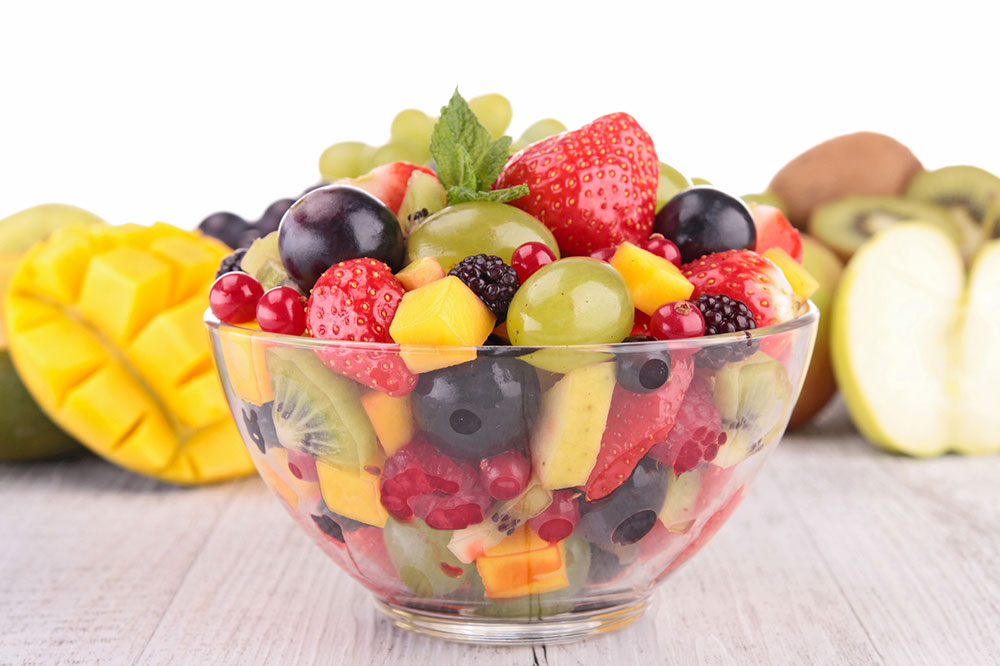
Foods to Eat and Avoid for DVT
Deep vein thrombosis (DVT) poses a serious risk to men and women of all ages. In this condition, a blood clot forms in the deep veins of the leg and causes swelling, accompanied by immense pain. Sitting for hours in one place, for example on an airplane, during a long overseas flight can trigger DVT. Diet plays a major role in lowering or increasing the risk of the disorder. To avoid aggravating the condition, it is adopt a special diet for DVT that is low in fat and high in dietary fiber.
Foods you need to include in the diet for DVT
- Grape juice: Drinking moderate amounts of purple grape juice daily helps prevent blood platelets from forming clots. Grape juice has an antioxidant called polyphenols that lower the risk of DVT.
- Garlic: Garlic has many health benefits, including breaking up potentially harmful clusters of platelets in the bloodstream. Crush the raw cloves of garlic to release their beneficial compounds. Chew and eat them raw. It is important to talk to your doctor regarding the quantity of garlic.
- Virgin olive oil: This also helps reduce the risk of DVT. The antioxidants called phenols present in the virgin olive oil aid in preventing blood clots. So, forgo butter and replace it with virgin olive oil.
- Citrus fruits: Citrus fruits such as oranges, grapefruit, and lemons are an important part of the diet for DVT patients. These fruits are rich in many antioxidants. They help lower inflammation and prevent the formation of blood clots. They also boost blood circulation.
- Vitamin E-rich foods: Walnuts, fish, mustard greens, liver, bell peppers, eggs, and cereals should be included in the diet since they help the blood to flow smoothly.
- Wine: Sipping red wine a few times a week helps in reducing the risk of DVT. It helps in keeping the blood platelets from sticking together and prevents formation of clots.
- Ginger: Ginger plays an excellent role in treating the condition. It breaks down the fibrins and helps in the smooth circulation of blood. It is thus an important part of the diet for DVT.
- Cayenne pepper and cinnamon: These spices are natural blood thinners and anticoagulants and it is best to include them in diet for DVT patients.
Foods to avoid in a diet for DVT
- Full-fat dairy products and fatty meats: It is important to limit animal meats and full-fat dairy products. Excessive consumption of these foods increases inflammation and triggers the formation of a blood clot in thin veins.
- Sugary and processed foods: Limit the intake of sugary and processed foods in a diet for DVT patients to minimize the risk of inflammation.
- Coffee: Regular intake of coffee has a dehydrating effect on the veins.
- Alcohol: Consuming excessive alcohol makes the veins narrow and thickens the blood, making it crucial to limit the intake of spirits.
Consuming the right kind of foods every day, aside from undergoing other medically-recommended forms of treatment, is an important way to keep the symptoms of DVT at bay.



